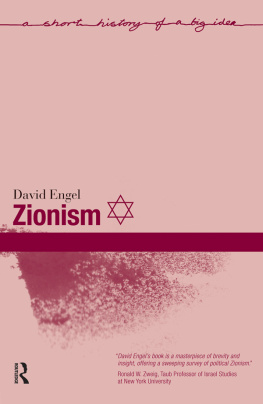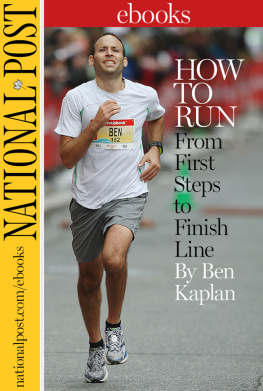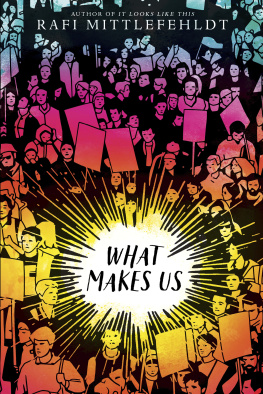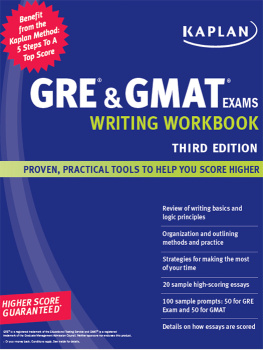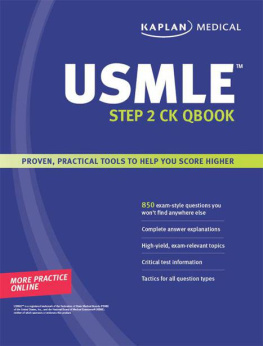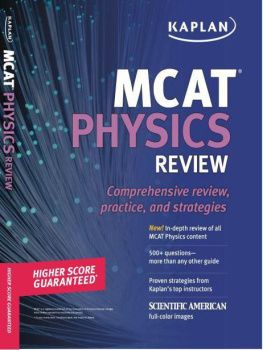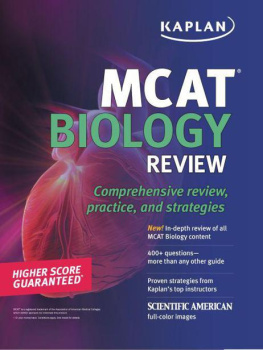Published by
S TATE U NIVERSITY OF N EW Y ORK P RESS , A LBANY
2015 State University of New York
All rights reserved
Printed in the United States of America
No part of this book may be used or reproduced in any manner whatsoever without written permission. No part of this book may be stored in a retrieval system or transmitted in any form or by any means including electronic, electrostatic, magnetic tape, mechanical, photocopying, recording, or otherwise without the prior permission in writing of the publisher.
For information, contact
State University of New York Press, Albany, NY
www.sunypress.edu
Production, Laurie D. Searl
Marketing, Fran Keneston
Library of Congress Cataloging-in-Publication Data
Kaplan, Eran, author.
Beyond Post-Zionism / Eran Kaplan.
pages cm
1. Post-Zionism in History 2. Amos Oz and the Zionist intellectual 3. East and West on the Israeli screen 4. Herzl and the Zionist utopia 5. The legacies of Hebrew labor.
Includes bibliographical references and index.
ISBN 978-1-4384-5435-1 (hardcover : alk. paper)
ISBN 978-1-4384-5437-5 (ebook)
1. ZionismHistory. 2. Post ZionismHistory. 3. National characteristics, IsraeliSocial aspects. 4. National characteristics, IsraeliPolitical aspects. 5. Motion picturesPolitical aspectsIsrael. 6. Popular cultureIsrael. I. Title.
DS113.4.K37 2015
320.54095694dc23 | 2014006575 |
10 9 8 7 6 5 4 3 2 1
To Michal and Shmuel KaplanACKNOWLEDGMENTS

More than a decade ago I was invited by Graham Good and Linda Siegel to attend a workshop at the Peter Wall Institute for Advanced Studies at the University of British Columbia that examined the legacies of postmodernism and sought to speculate what might be the new intellectual paradigm at the dawn of the twenty-first century. It was a singular intellectual experience, and it was then that I began to think about Israel and the study of Israel beyond post-Zionism. I want to thank my colleagues, in alphabetical order, Allan Arkush, Avi Bareli, Doron Navot, Yaron Peleg, and Derek Penslar, who read earlier parts of this work, for their wise comments. I am grateful to the Israel Institute for their generous grant. I also want to thank Michael Rinella and the staff at SUNY Press for supporting and believing in this project. An earlier version of chapter 2 appeared in Jewish Social Studies 14.1 (2007): 11943. I am grateful to Indiana University Press for granting me the right to use this material.
My wife Ravit and my children Yonatan, Maya, and Tal have made this all worthwhile. I could not have completed this project without their love and support. I dedicate this book to my parents Michal and Shmuel, my first teachers, who taught me to look at things differently and to never stop asking questions.
INTRODUCTION
The camp at night, buzzing with words, laughter, curses; Up in a flurry, here it is
Like a rising city is the face of the killing fields
As the camp spreads, destined to be the spiller of the blood of man and its shield as well.
Natan Alterman, The Camp at Night
The competition is a color TV
Were on still pause with the video machine
That keep you slave to the H. P. until the unity is threatened by
Those who have and who have notThose who are with and those who are without
Are you gonna realize the class wars real and not mythologized
And like JerichoYou see walls can come tumbling down!
Paul Weller, Walls Come Tumbling Down
Sometime in the late 1990s, in Tel Aviv, I saw an advertisement on a bus for Tel Hai Collegea small regional college in northern Israel, which opened in 1993 and was accredited three years laterthat left me utterly startled. The text of the ad was so outrageous that it took me several moments to comprehend it. It read, Gam Trumpeldor gamar po! which can be loosely translated as Trumpeldor finished here too! The verb gamar, finished, can have two meanings here: to graduate, but also to die. Trumpeldor was a legendary Zionist figure who was killed in Tel Hai in 1920 while commanding a small Jewish outpost there. The college that was established on the site of that historical battle sought in the ad to allude to the past but also, with a wink, to look to the future: Trumpeldor died here; you will graduate here. The ad drew on a collective Israeli myth to sell its product. But more important, it was a rather vulgar example of a broader process of the demythologizing of the Zionist past that Israeli society had been undergoing since the late 1980s and throughout the 1990sTel Hai being one of the constituent Zionist myths.
After World War I and the dissolution of the Ottoman Empire, the northeastern corner of the Galilee, home to several Jewish settlements including Tel Hai, lay beyond the boundaries of either British or French control. Yet despite the dangers posed by this situation and internal debates among the Zionist leadership as to the viability of Jewish settlement in the region, the communities were determined to hold on to their lands. Joseph Trumpeldor, a charismatic former officer in the Russian army who lost his left arm in the Russo-Japanese War, commanded them. Trumpeldor had been instrumental in the creation of the Zion Mule Corps in 1915, which as part of the British army saw battle in Gallipoli, and in 1917 in the formation of the Jewish Legion, which took part in some of the final battles against the Turks in Palestine. On March 1 1920, a battle broke out between the Jewish settlers and Arabs who attempted to enter Tel Hai. In the battle, Trumpeldor and five other settlers were killed. The surviving settlers abandoned Tel Hai, but in December 1920, the upper Galilee was placed within the borders of the British Mandate for Palestine, and the Jewish settlements there were eventually reconstituted. Tel Hai, which was absorbed by Kibbutz Kfar Giladi, became a symbol of Zionist resolve and sacrifice and home to a notable monumenta roaring lion, a site of pilgrimage for many Israeli school children. Trumpeldor, the one-armed military hero whose putative last words were tov lamut bead artzenu (It is good to die for our country), became the first martyr of the Zionist revolution. And the day commemorating the fall of Tel Hai (the 11th of Adar on the Hebrew calendar) became the first Zionist Memorial Day. As Yael Zerubavel, who analyzed Zionisms and Israels constituting myths, put it,
To the yishuv, the Jewish community in Palestine, the battle of Tel Hai symbolized a major transformation of Jewish national character and the emergence of a new spirit of heroism and self-sacrifice. The commemoration of Tel Hai marked the beginning of a new era of Zionist settlement and defense of the land that led to the establishment of the state of Israel.






